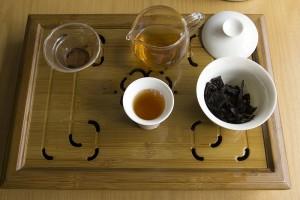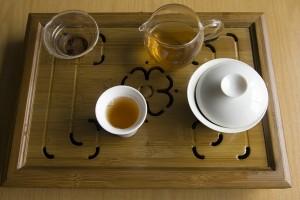We have received some feedback asking why we don’t provide ‘Western style’ brewing parameters for our teas. For our green/white/yellow teas, actually the provided measurements pretty much can work for a mug or a gaiwan but the issue is more for oolong/black/dark teas.
We have repeatedly made the point that brewing matters, we advocate gongfu brewing not because of a stoic loyalty to traditions but because it truly extricates the full flavor of the tea. Not only that, gongfu brewing is best for multiple infusions- which is a rewarding odyssey especially for oolong and dark teas. The subtle changes from brew to brew, certain characteristics which were initially overshadowed emerging in later brews, these are part of the joy of enjoying tea that can’t be duplicated in any other beverage in the world.
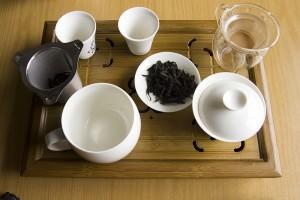
In this case, we used some Wuyi Shuixian- one of the many leftover samples of teas that we eventually chose not to add to our lineup.
Here are the infusion parameters:
For ‘Western style’ brewing (thereafter known as Infusion A)
3g of tea leaves to ~ 300ml of water
First infusion at 3 minutes, additional 1 minute for each additional steep
For Gongfu brewing (thereafter known as Infusion B)
6g of tea leaves to ~100ml of water
First infusion at 30 seconds, additional 15 seconds for each additional steep
Both are brewed using ~95°C
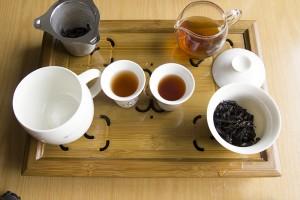
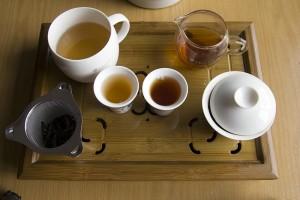
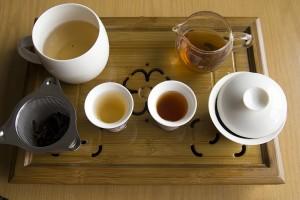
For the 4th-7th brew, it would be pointless to experiment on Infusion A since varying degrees of plainness is a meaningless venture.
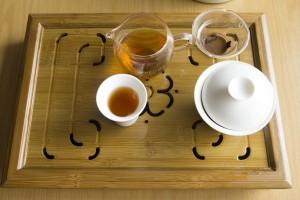
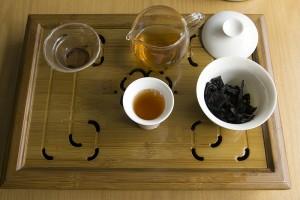
For black tea, especially stronger or rather more tannic varieties of black tea, the disparity is not so marked. In fact, for poorer made black teas, Western brewing is recommended since it doesn’t taste as harsh and those don’t stand up well to multiple infusions anyway.
